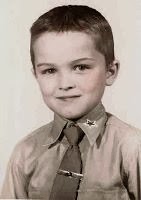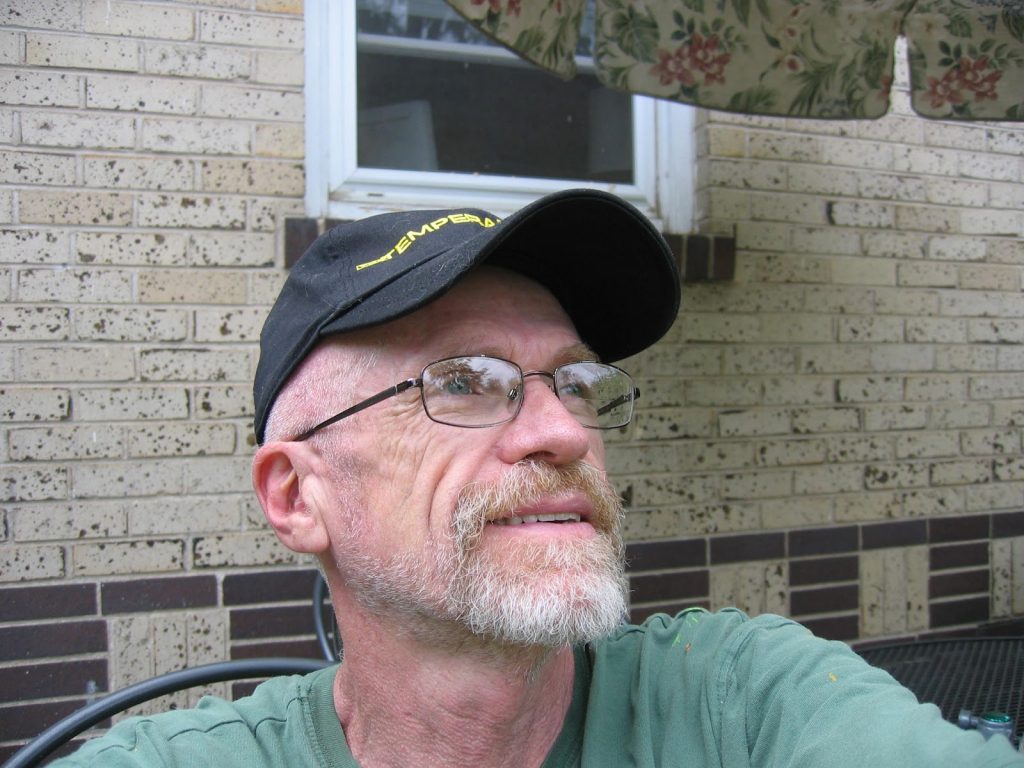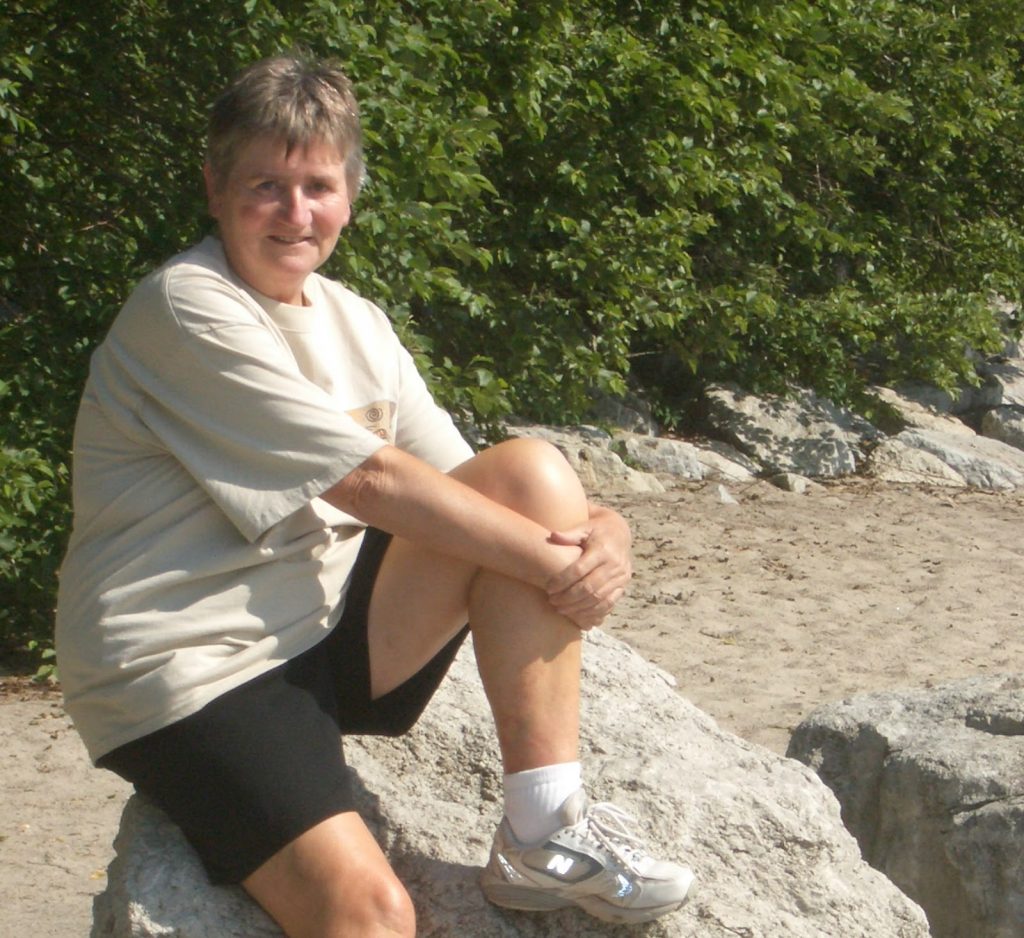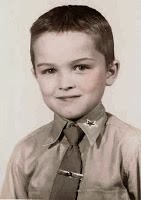One interpretation of this quotation from As You Like It by William Shakespeare, albeit taken out of the context of the play itself, is that the only difference between acting on stage and life itself is that on the stage an actor plays many different roles attempting to portray another individual, other than himself, and this is a professional endeavor. In life we play many different roles expressing who we ourselves are–not who someone else is.
One can be many things at one time or the roles can change. Daughter, son, sister, bother, wife, husband, mother, father, executive, homemaker, social butterfly, recluse, quiet, boisterous, studious etc, etc. Most of us do act according to the role that has been assigned to us and/or the role that we choose. The roles for us early in life are written largely by our culture and the environment which molds us.
As adults other circumstances have an impact on how we play our roles. For example, one can find himself in a particular profession or job in which he/she is expected to drive a certain car, wear certain clothes–necktie, high heels. In this case often the individual must act the part if he wants to be successful and accepted in his profession or to keep his job.
Hopefully most of us act our roles honestly and with integrity; that is, we are acting but at the same time being true to ourselves. Most of us in the GLBT community know quite a bit about acting. As for me, once I convinced myself that I had done nothing wrong and that I simply wanted to act the person that I am–that is, that I wanted to be honest and live with integrity–once I understood that, it was not difficult to play the role. What’s more it felt oh so good and so easy and natural. Instead of acting the part of the person I was not.
New meaning is given to the word “acting” when we apply the connotation of “taking action.” There’s “pro-acting and re-acting.” Again, those of us in the LGBT community are very familiar with the concept of taking action when we decided to be true to ourselves in our lifestyles. This is not always easy to do and often takes a great deal of courage.
In general I think most of us are reactive most of the time. Proaction comes when things are not going so well. Hopefully proaction is taken based on the correct information. When the word on the street is that everything is just fine when it really isn’t, one must determine how things really are. Then take action.
© 19 March 2012
Betsy has been active in the GLBT community including PFLAG, the Denver women’s chorus, OLOC (Old Lesbians Organizing for Change). She has been retired from the Human Services field for about 15 years. Since her retirement, her major activities include tennis, camping, traveling, teaching skiing as a volunteer instructor with National Sports Center for the Disabled, and learning. Betsy came out as a lesbian after 25 years of marriage. She has a close relationship with her three children and enjoys spending time with her four grandchildren. Betsy says her greatest and most meaningful enjoyment comes from sharing her life with her partner of 25 years, Gillian Edwards.









